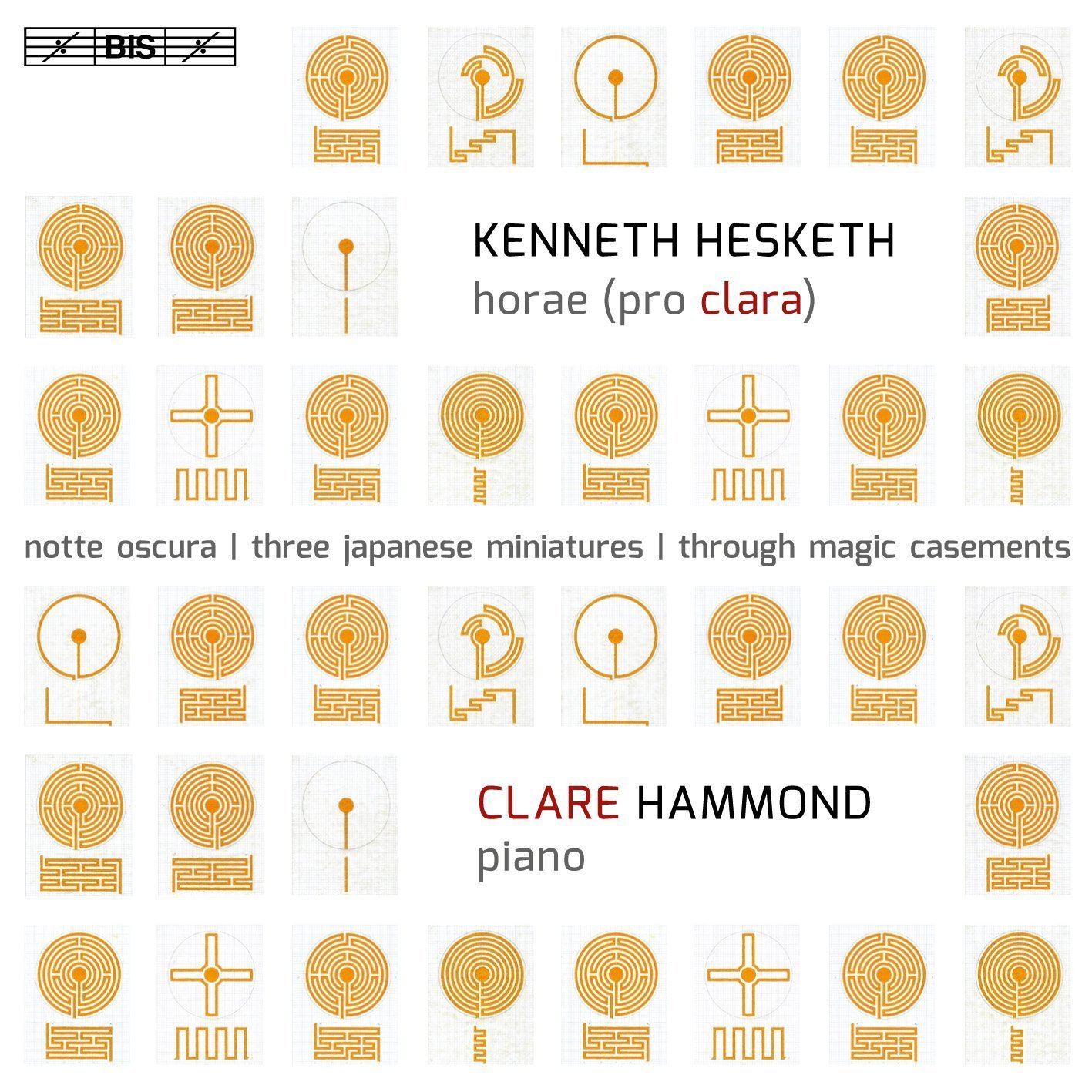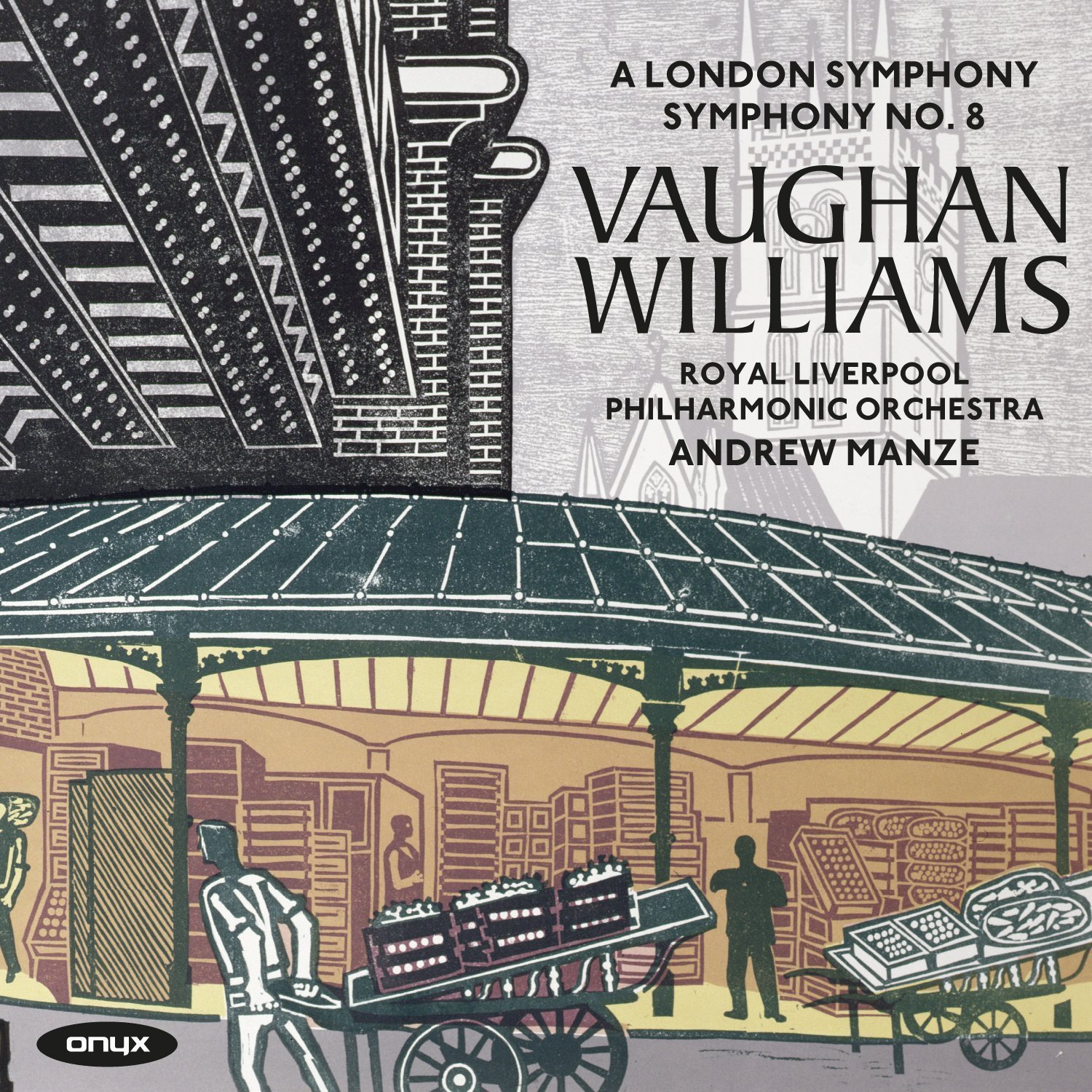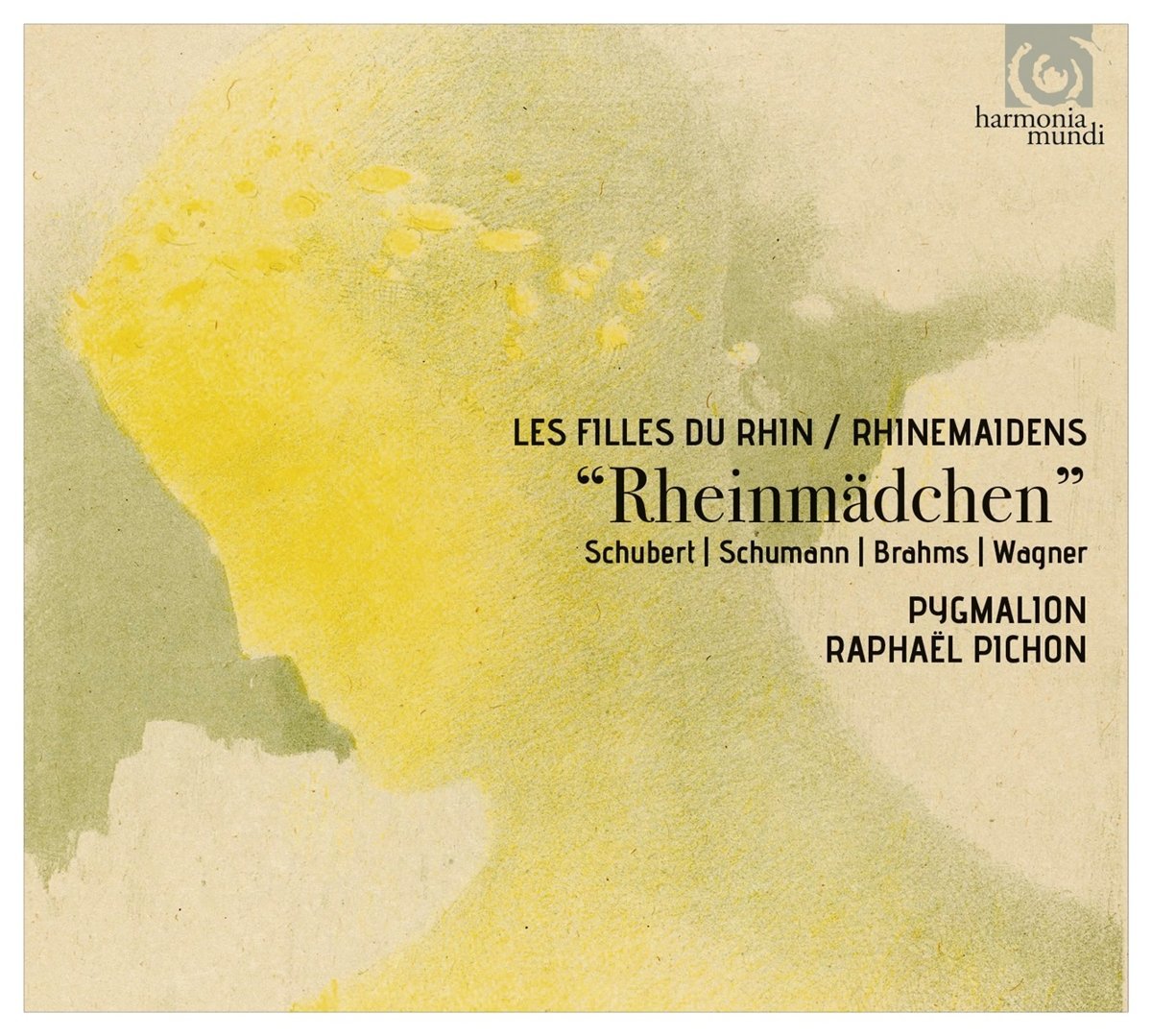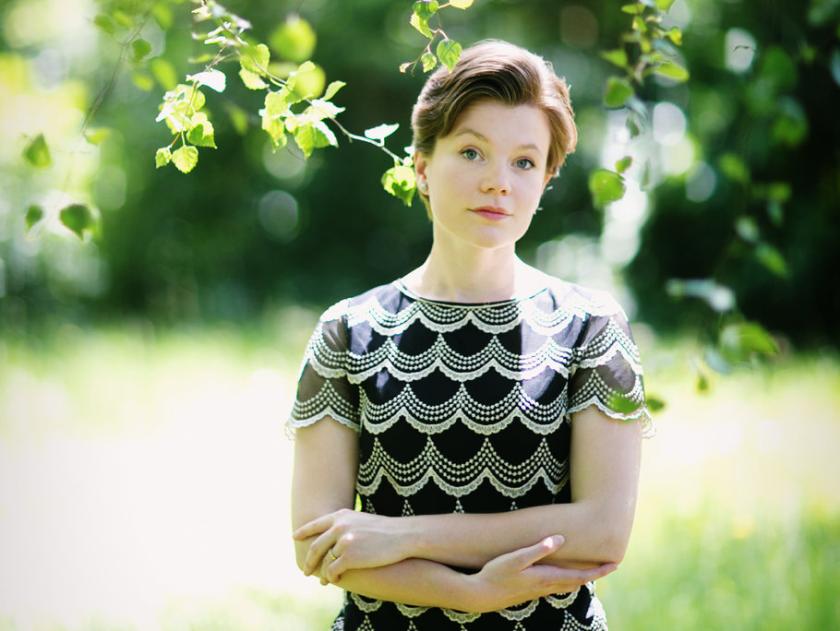 Kenneth Hesketh: horae (pro clara) Clare Hammond (piano) (BIS)
Kenneth Hesketh: horae (pro clara) Clare Hammond (piano) (BIS)
Pianist Clare Hammond writes of Liverpudlian composer Kenneth Hesketh’s ‘fierce intelligence’ in her sleeve notes. He’s not yet a household name, but he deserves to be: the music on this handsomely produced disc is strikingly original. His mentors include Oliver Knussen and the late Henri Dutilleux, both composers with fastidious ears. Hesketh’s dense, complex textures never sound too congested, and many of the heavier passages have an incredible resonance – presumably harking back to the composer’s early years as a chorister in Liverpool’s vast Anglican Cathedral. Hesketh mentions the space’s echoing ‘aural glow’ as a powerful influence on his development as a composer, though implying that writing for piano allows him to hear exactly what he needs to hear, without the ‘chordal constructs and sonorities’ mushily evaporating into the ether.
The main work here was composed for Hammond and first performed in 2013: Horae (pro clara) is a 42-minute sequence of 12 pieces, a ‘miniature book of the hours’. The performance directions at the head of each untitled movement offer useful clues as to what to listen to: “as fleet as the tiniest humming bird” is as mercurial as you’d expect, and the ninth piece, marked “impishly sardonic”, sounds exactly that, three minutes of impetuous snarling and foot-stamping. Each blustery snort is balanced by a moment of solemn reflection, and the stark finale (“for now we see through a glass, darkly”) offers us a downbeat close.
Hesketh’s Notte Oscura is a transcription of music from an opera based on Gogol’s The Overcoat – the original’s melancholy is very audible, though one misses Gogol’s black humour. Three Japanese Miniatures are ‘fragments and paraphrases’ from an orchestral work, the last of which closes with a touching musical expiration, depicting a kettle gradually falling still. Hammond, the recent winner of a Royal Philharmonic Society award, plays magnificently, giving Hesketh the advocacy he deserves. BIS’s production values are predictably high – if you buy one disc of contemporary piano music this year, why not try this one?
 Vaughan Williams: A London Symphony, Symphony No. 8 Royal Liverpool Philharmonic Orchestra/Andrew Manze (Onyx)
Vaughan Williams: A London Symphony, Symphony No. 8 Royal Liverpool Philharmonic Orchestra/Andrew Manze (Onyx)
The first version of Vaughan Williams's London Symphony lasts for over an hour. You can hear it on a fascinating Chandos recording: the restored score contains some fascinating, bold music, but the cuts were definitely in the piece's best interests. What was a foggy meander became a much more incisive, better focussed work. It's endured because it's a joy to listen to, even if one's tastes tend more towards early 20th century modernism. Vaughan Williams's cosmopolitanism does go as far as gentle nods towards La Mer and Petrushka, though the prevailing genre is full-on English pastoral. The tunes are memorable. The harmonies are fulsome.You can't imagine anyone with half a heart not liking it.
This performance, the first installment of a promised cycle, is enormously enjoyable. It proves that you can't pigeonhole conductors: Andrew Manze might be best known as a Baroque specialist, but his Vaughan Williams is as charismatic and affectionate as any on disc. The first movement's perkiness is intoxicating, but the real magic happens in the slow movement's big tune six minutes in, shaped here with rare sensitivity and warmth. Exquisite played by the RLPO strings too. Manze never puts a foot wrong. The Scherzo doesn't ramble and the discursive last movement is terrifically exciting, the final fade haunting.
Plus there's the underrated Eighth Symphony from 1956, an adventurous curio, and one of this composer's most entertaining works. Superb winds and brass make the second movement sparkle, and the percussion-drenched finale is joyous, the D major/minor issue left happily unresolved. Tremendous music and a really recommendable, enjoyable disc. Let's hope that CDs still exist by the time Manze gets around to finishing his RVW sequence. Edward Bawden's 1967 print of Borough Market makes for an attractive cover.
 Rhinemaidens – music by Schubert, Schumann, Brahms and Wagner Ensemble Pygamalion/Raphaël Pichon (Harmonia Mundi)
Rhinemaidens – music by Schubert, Schumann, Brahms and Wagner Ensemble Pygamalion/Raphaël Pichon (Harmonia Mundi)
This intriguing concept album plays like a souvenir of a live event: a sequence of works for female voices, harps and horns, all owing something to heady German romanticism, many of them featuring canons. You'd expect Wagner to feature prominently, but Raphaël Pichon's Ensemble Pygmalion give us a fair bit of Brahms too, the musical similarities more striking than the differences. There's also a loose narrative based around a journey down the Rhine. So the disc opens with the start of Das Rheingold – arranged by an unknown hand for four horns, harp, two double basses and 24 voices. To stunning effect, the wordless vocals a magical substitute for Wagnerian surging strings. Lots of canons too. More Ring excerpts pop up later: a horn quartet arrangement of Siegfried's Funeral March is fun, and there's a gorgeous bleeding chunk of Gotterdämmerung. Siegfried's Horn Call is played with raucous abandon by Anneke Scott on a vintage instrument. The noise could rouse the dead, let alone a sleeping dragon. It segues neatly into a lovely folksong arangement by Brahms, and Schubert's delectable harp-accompanied Ständchen, the mezzo part beautifully sung by Bernada Fink.
Three unaccompanied Romances by Schumann are immaculately done, as is a lullaby sweetly backed by Emmanuel Ceysson's harp. The best comes last, in the form of Brahms's Four Songs for female voices, two horns and harp. Uncluttered and serenely beautiful, they show Brahms in uncharacteristically sensuous form. Full texts and translations are provided – a desert island disc, and one of those things you'd be tempted to rush in and save from a burning house.














Add comment